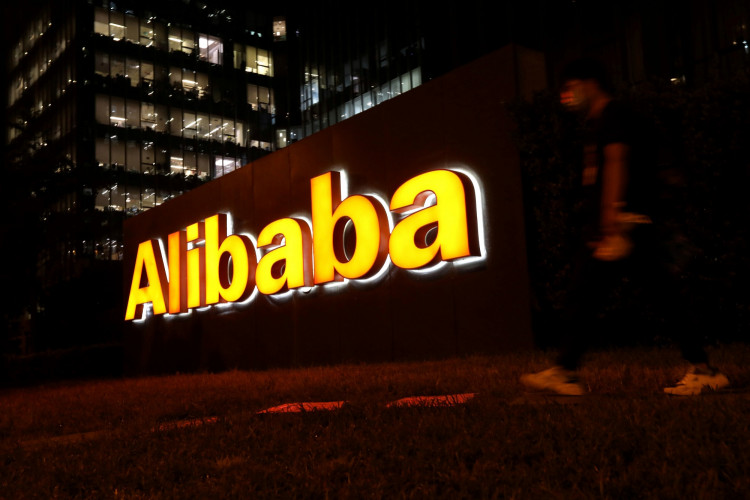Alibaba Group is consolidating its domestic and international e-commerce platforms into a unified division, marking a significant restructuring aimed at strengthening its competitive edge in an increasingly crowded market. The move, announced in a Thursday securities filing, merges the Taobao and Tmall Group with the Alibaba International Digital Commerce Group (AIDC), which oversees platforms like AliExpress and Alibaba.com.
The newly created Alibaba E-commerce Business Group will be led by Jiang Fan, who currently serves as CEO of Alibaba International Digital Commerce Group. Jiang will report directly to Alibaba CEO Eddie Wu. This consolidation comes 20 months after Alibaba's decision to split into six independent business units, the largest transformation in its 25-year history.
"The e-commerce industry in China and around the world is entering a new era, and the global supply chain capabilities, fulfillment capabilities, and consumer service capabilities will determine the future competitive landscape," Wu wrote in a message to employees on Alibaba's intranet, seen by Reuters.
The restructuring underscores Alibaba's response to mounting challenges. Domestically, the company faces intensifying competition from platforms like Pinduoduo and ByteDance's Douyin. Internationally, competitors such as Temu have gained traction with low-cost product offerings. Compounding these pressures is the sluggish consumer environment in China, which has heightened competition among online retailers.
Despite these headwinds, Alibaba reported a 29% year-over-year growth in its international business for the September quarter, a sign that the company's recent strategic shifts are yielding results. "This quarter, our core business segments maintained steady growth guided by our user-first, AI-driven strategy," Wu said during the company's earnings call last week.
Alibaba has been leveraging artificial intelligence (AI) across its e-commerce and cloud operations to drive growth. Its AI-powered marketing tool, Quanzhantui, has seen increased adoption among Taobao and Tmall merchants, boosting marketing efficiency and prompting sellers to increase their spending on Alibaba's platforms.
In the cloud sector, Alibaba recorded accelerated revenue growth, fueled by a surge in demand for AI-related products. The company reported triple-digit growth in its AI-powered offerings and recently launched an AI-driven search engine designed for global B2B sourcing. This tool enables businesses to find wholesale products through conversational search, enhancing efficiency for small and medium-sized enterprises.
Jiang Fan emphasized the transformative potential of these AI initiatives during the company's earnings call. "This new product reimagines international procurement through conversational search, making global sourcing easier for [small- to medium-sized businesses] while improving overall platform transaction efficiency," he said.
Alibaba's reorganization also aligns with broader efforts to strengthen its AI capabilities. A report by the Financial Times noted that Alibaba, along with other Chinese tech giants, has been actively recruiting talent from Silicon Valley to support its AI projects.
In addition to technological advancements, Alibaba highlighted the success of this year's Singles Day event, attributing strong sales performance to government economic stimulus measures. While specific sales figures were not disclosed, the company described the event as generating "strong growth and a record number of visitors."






